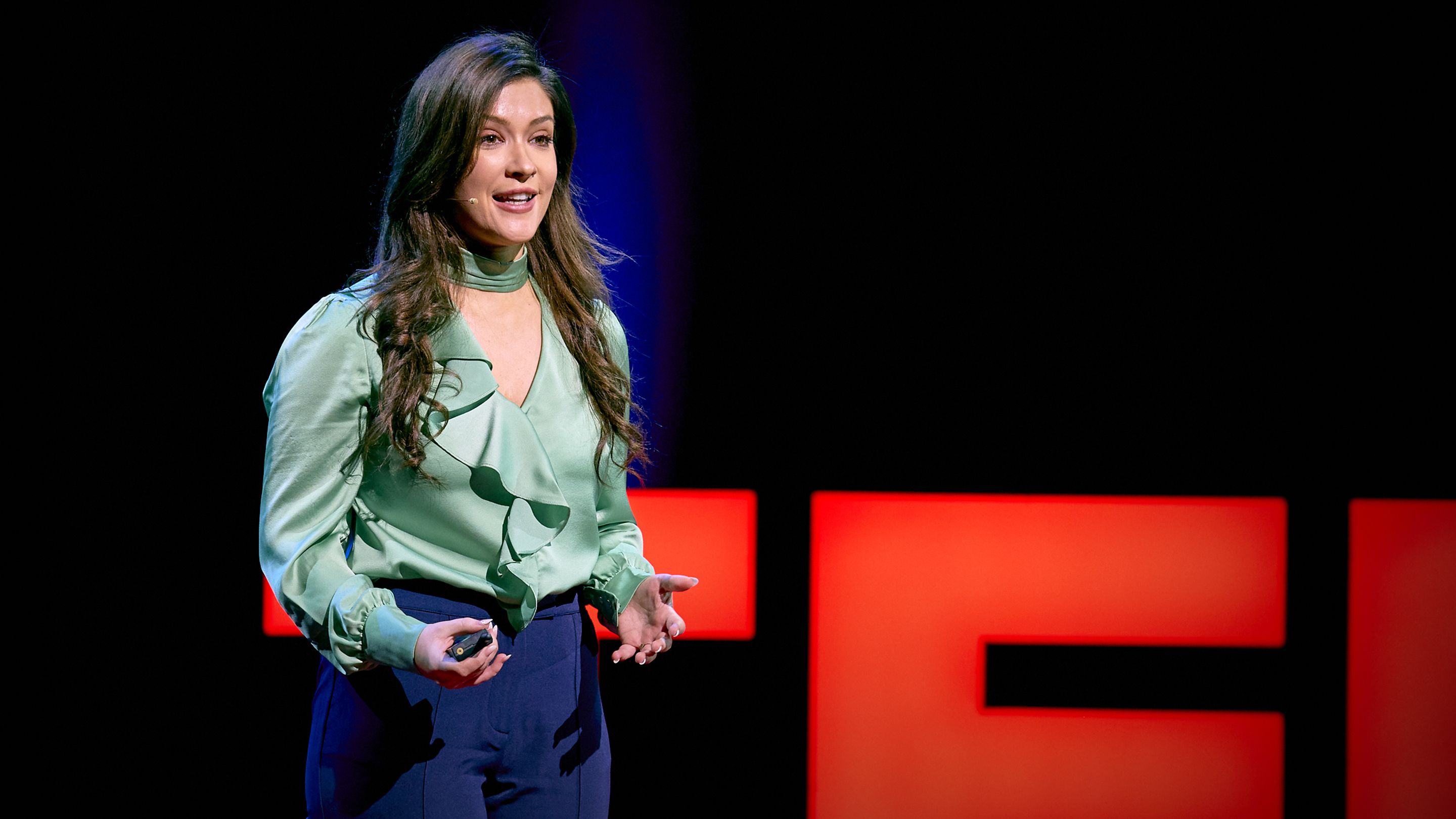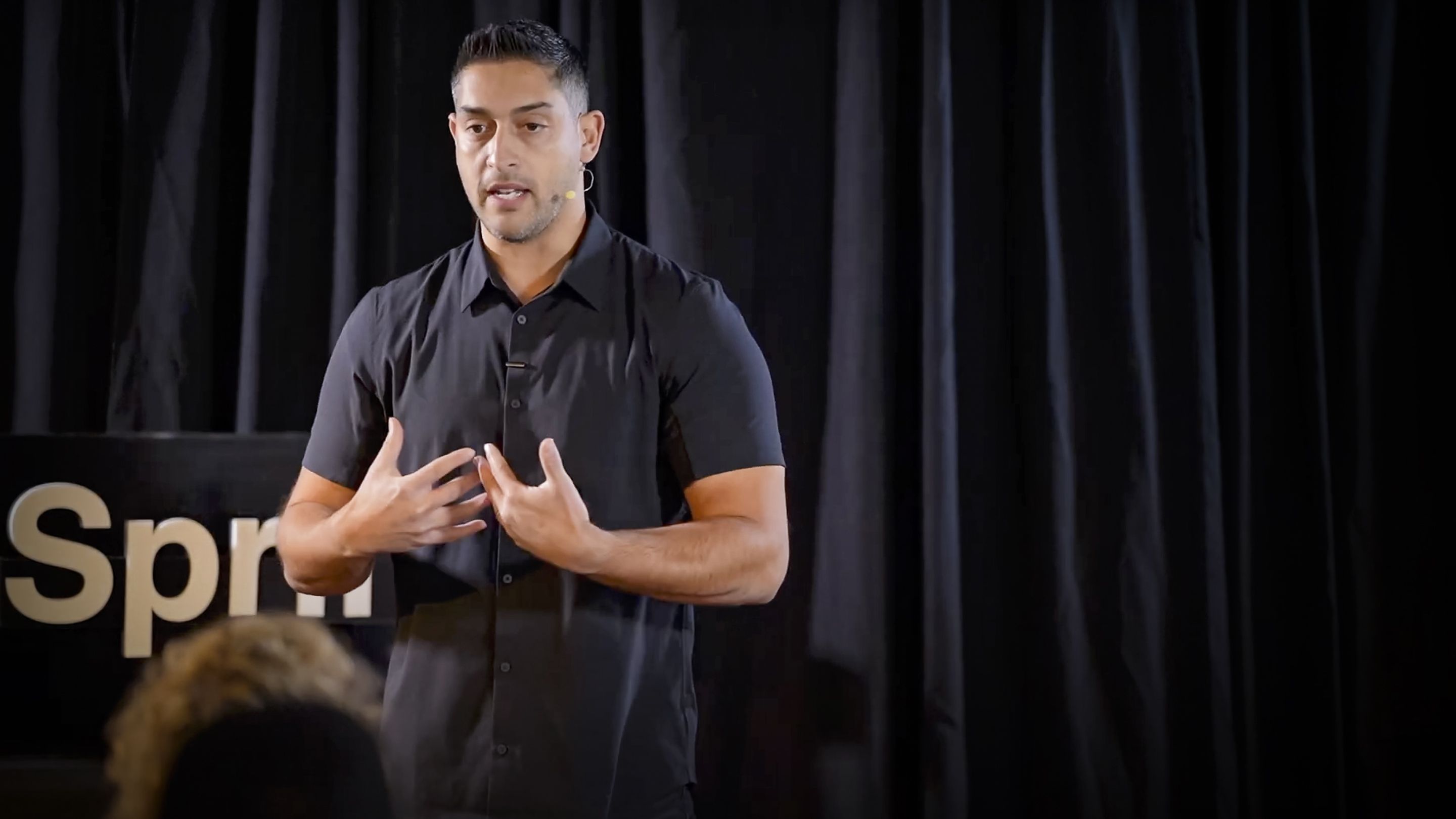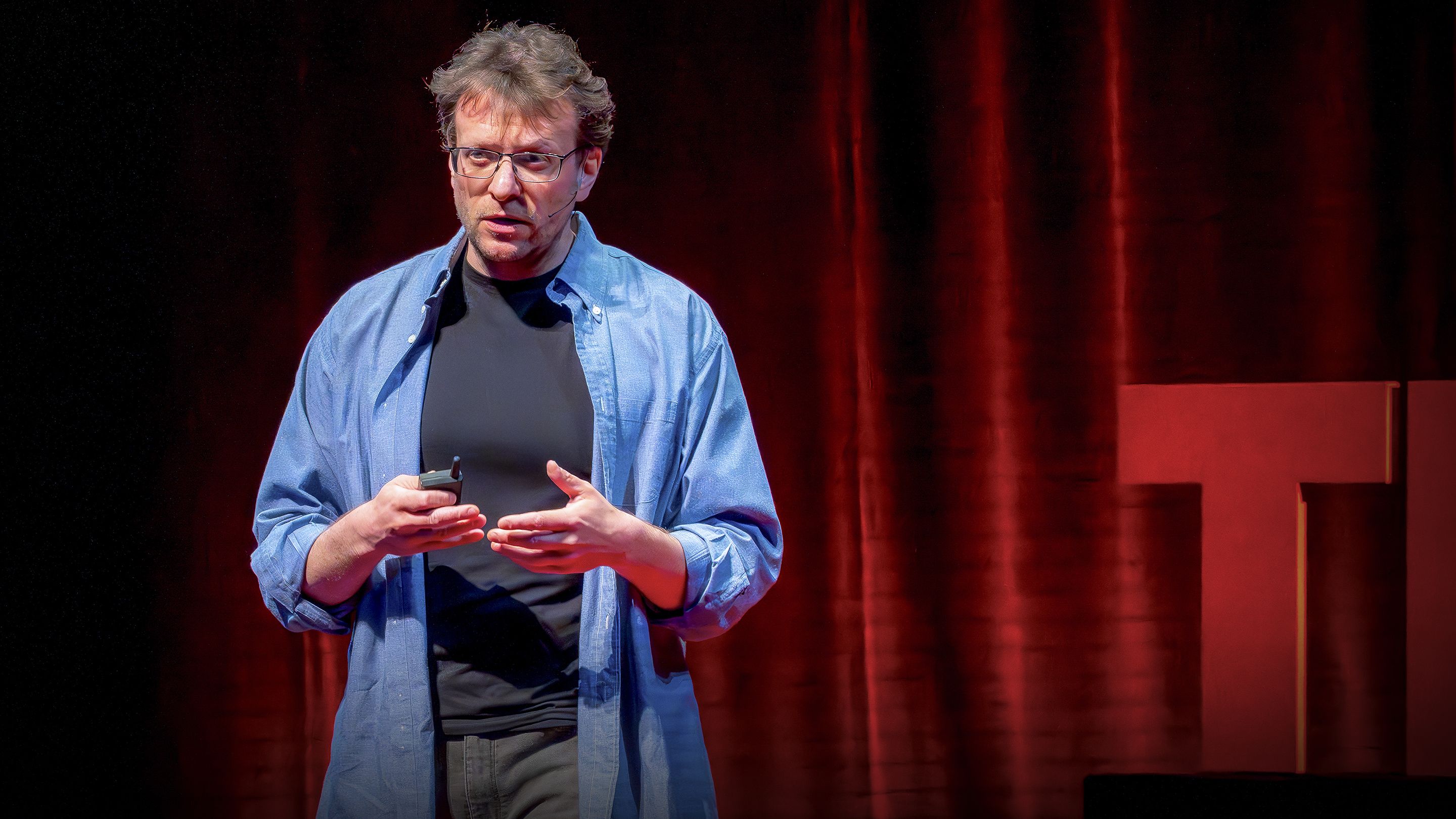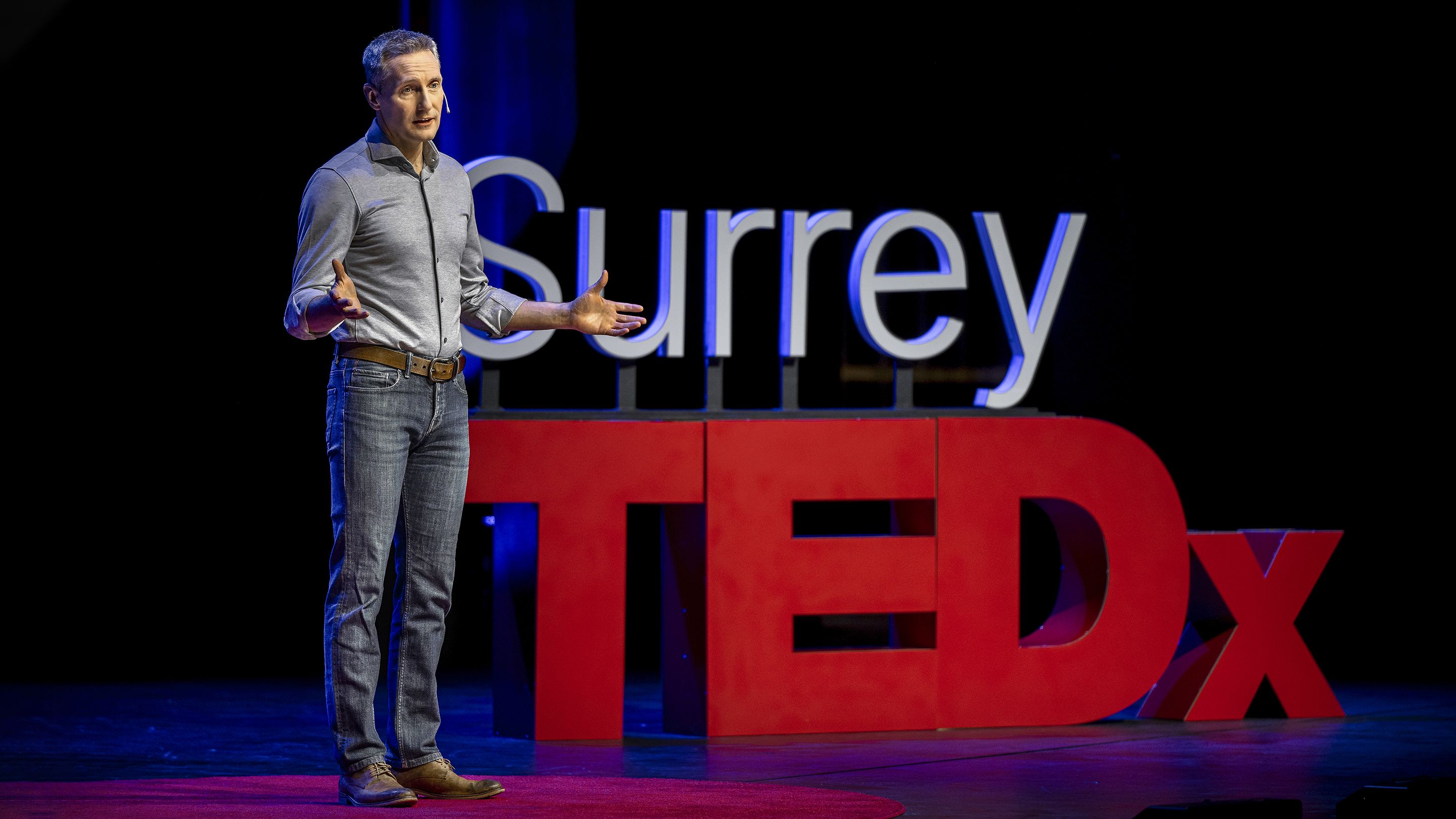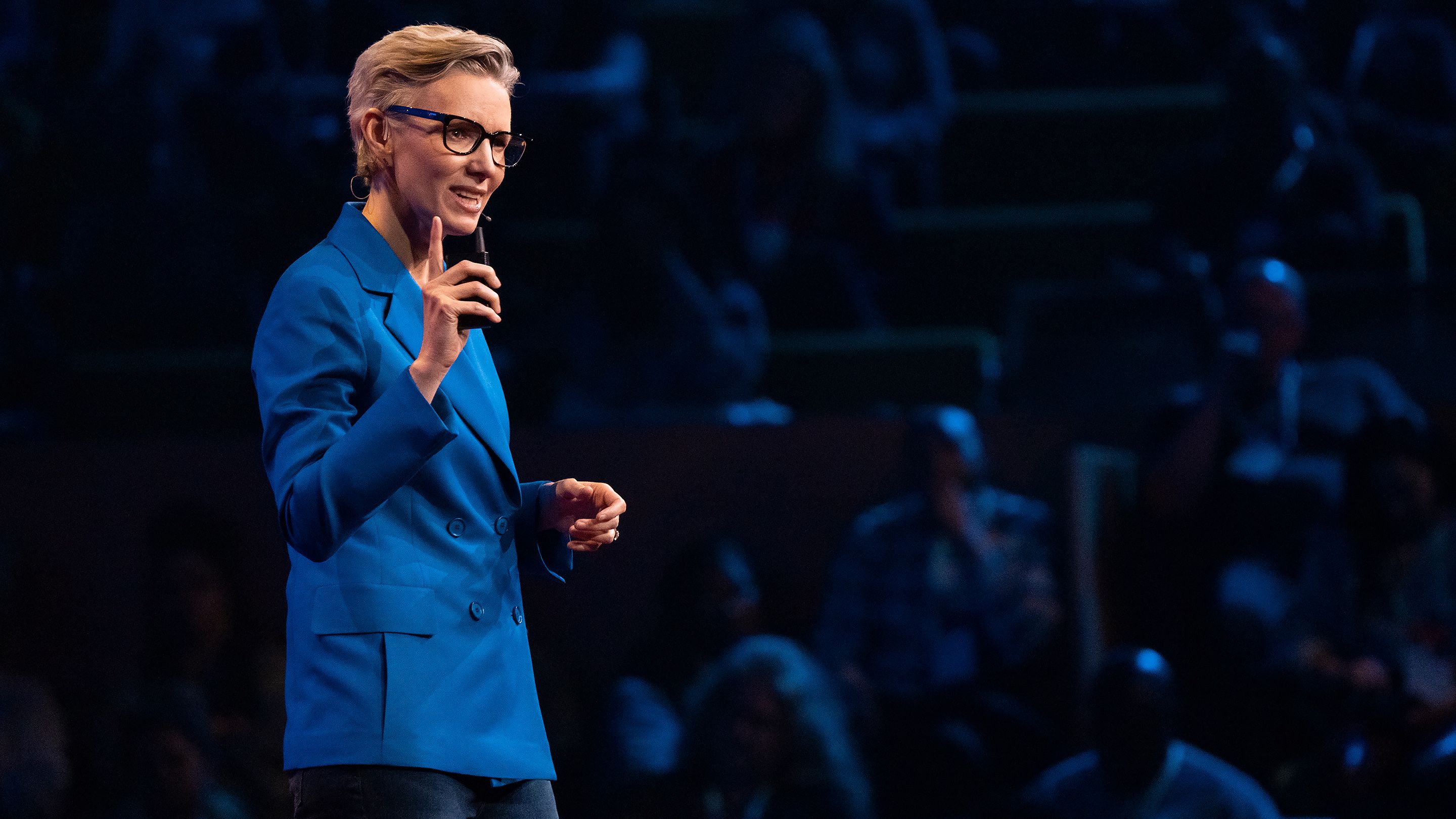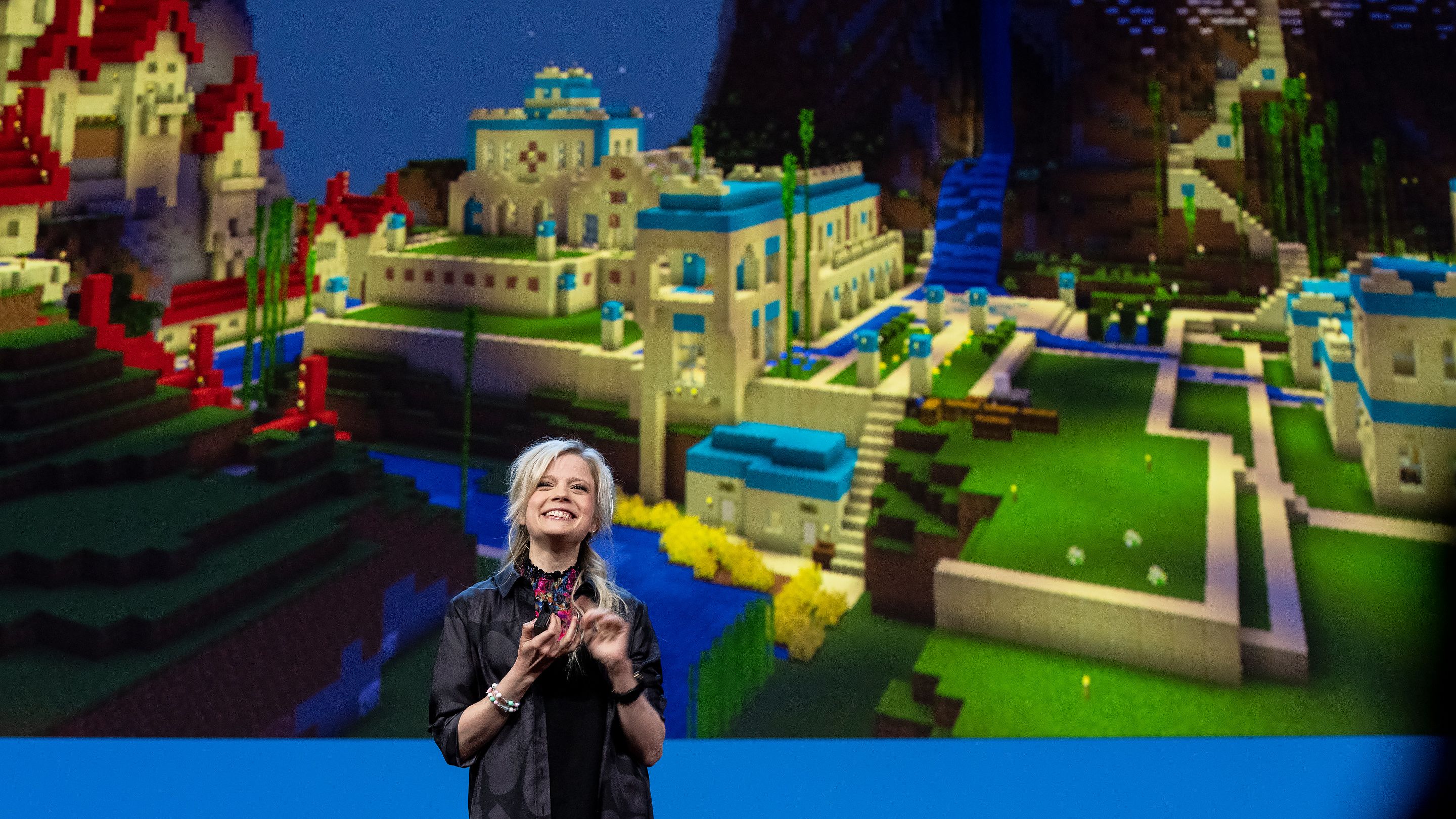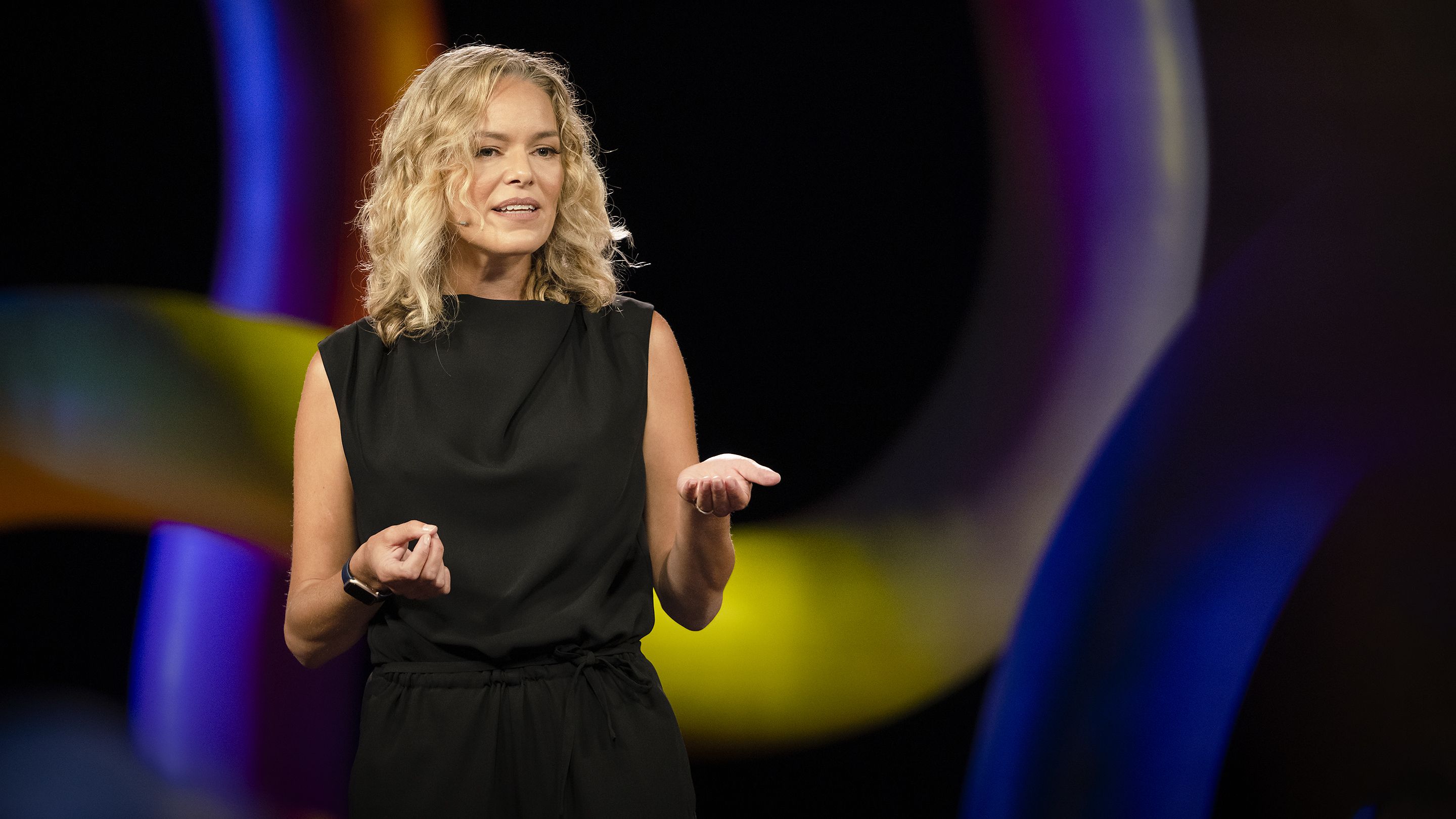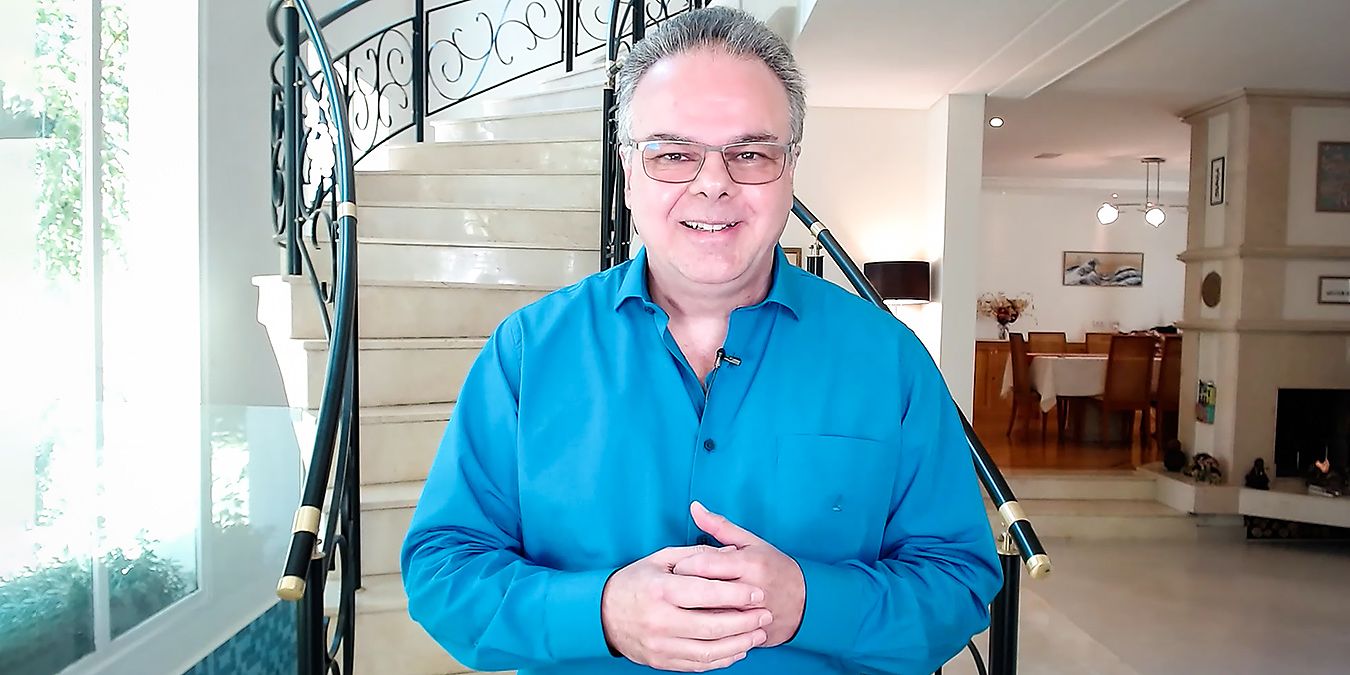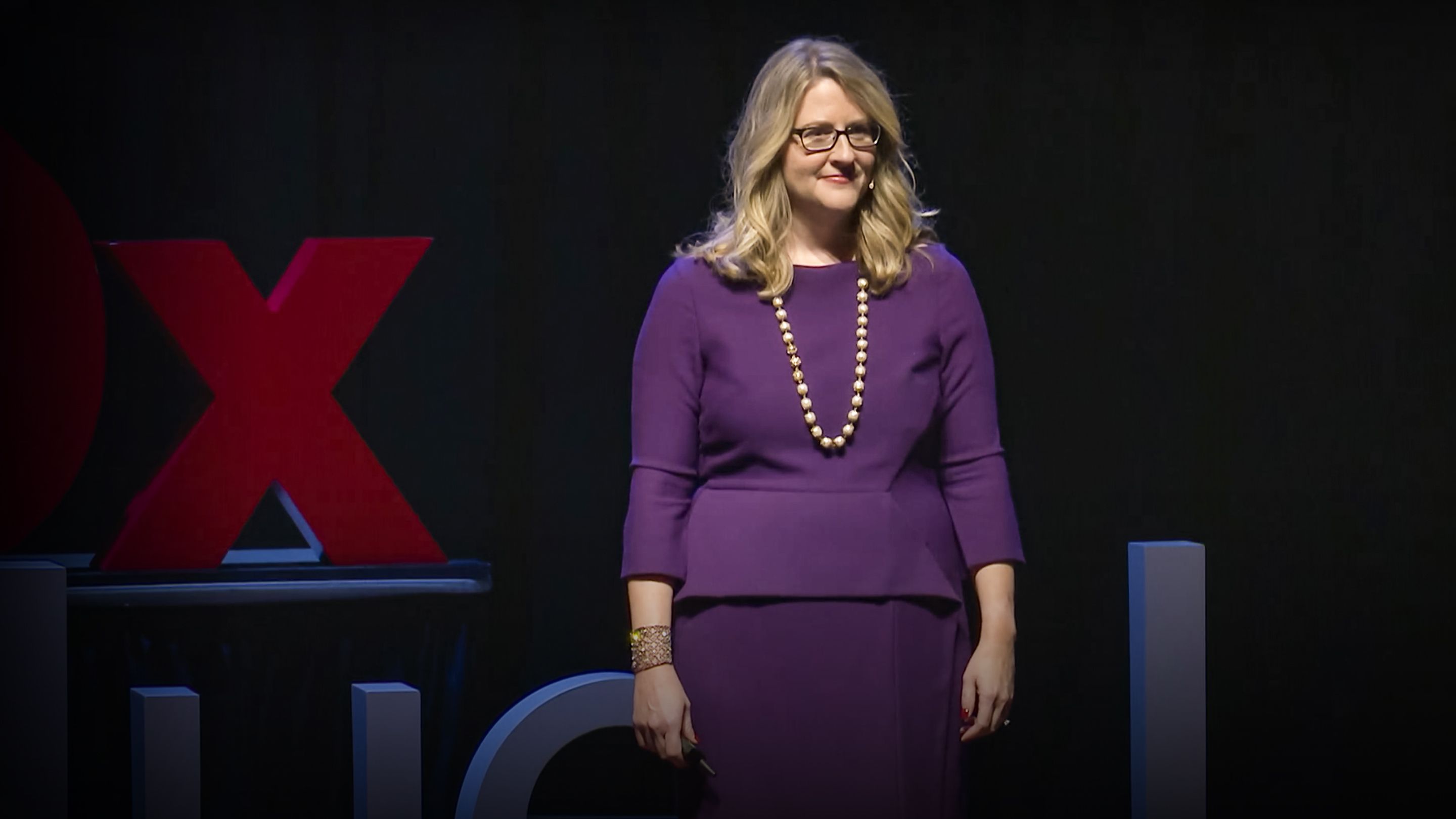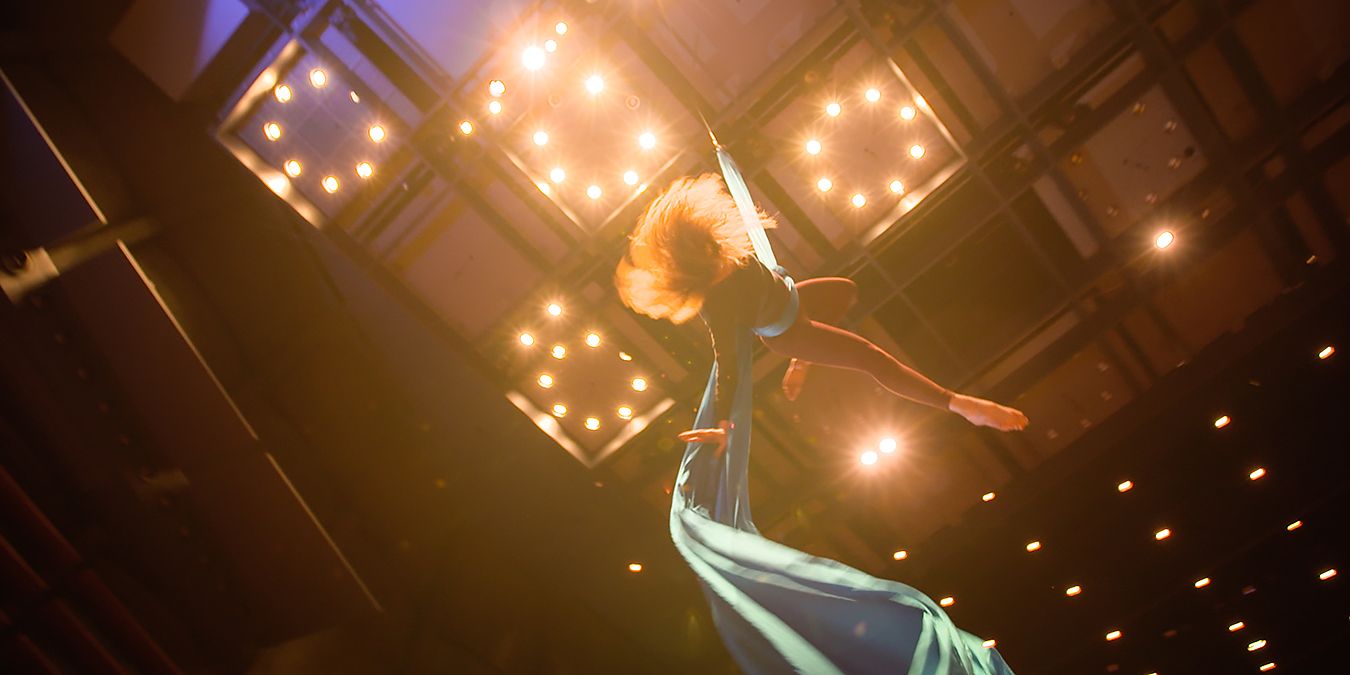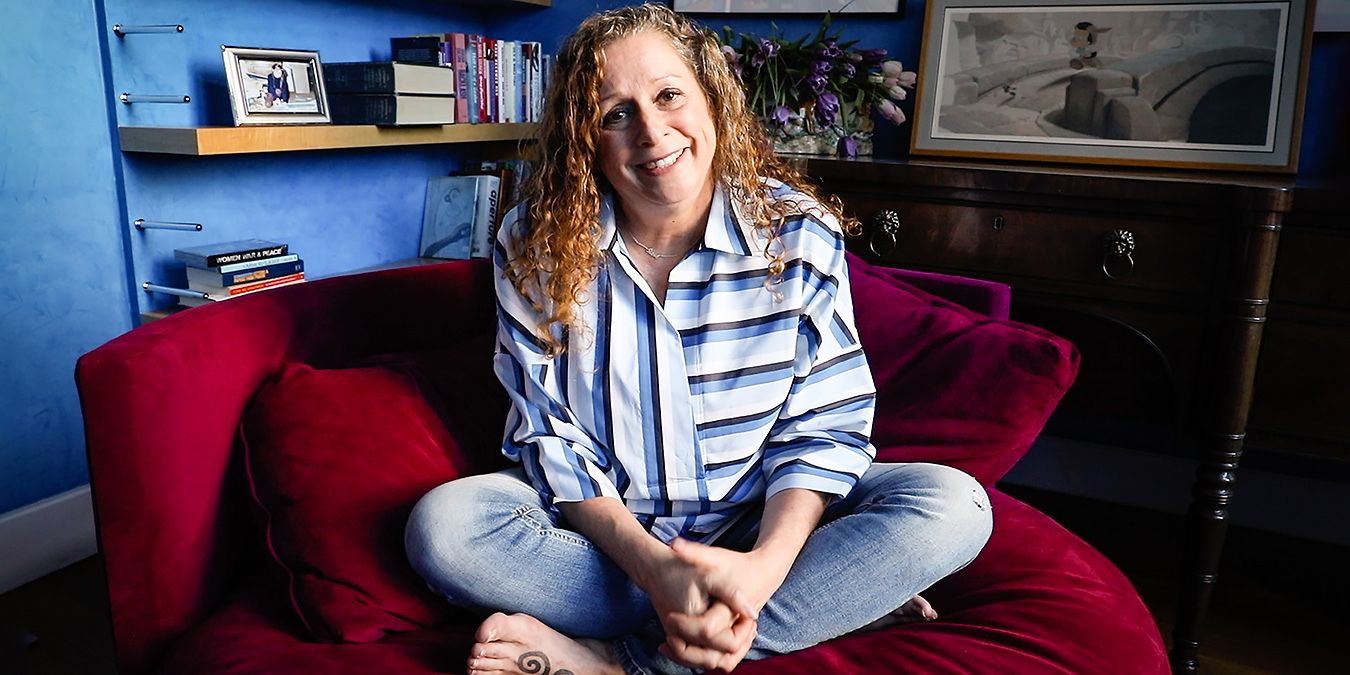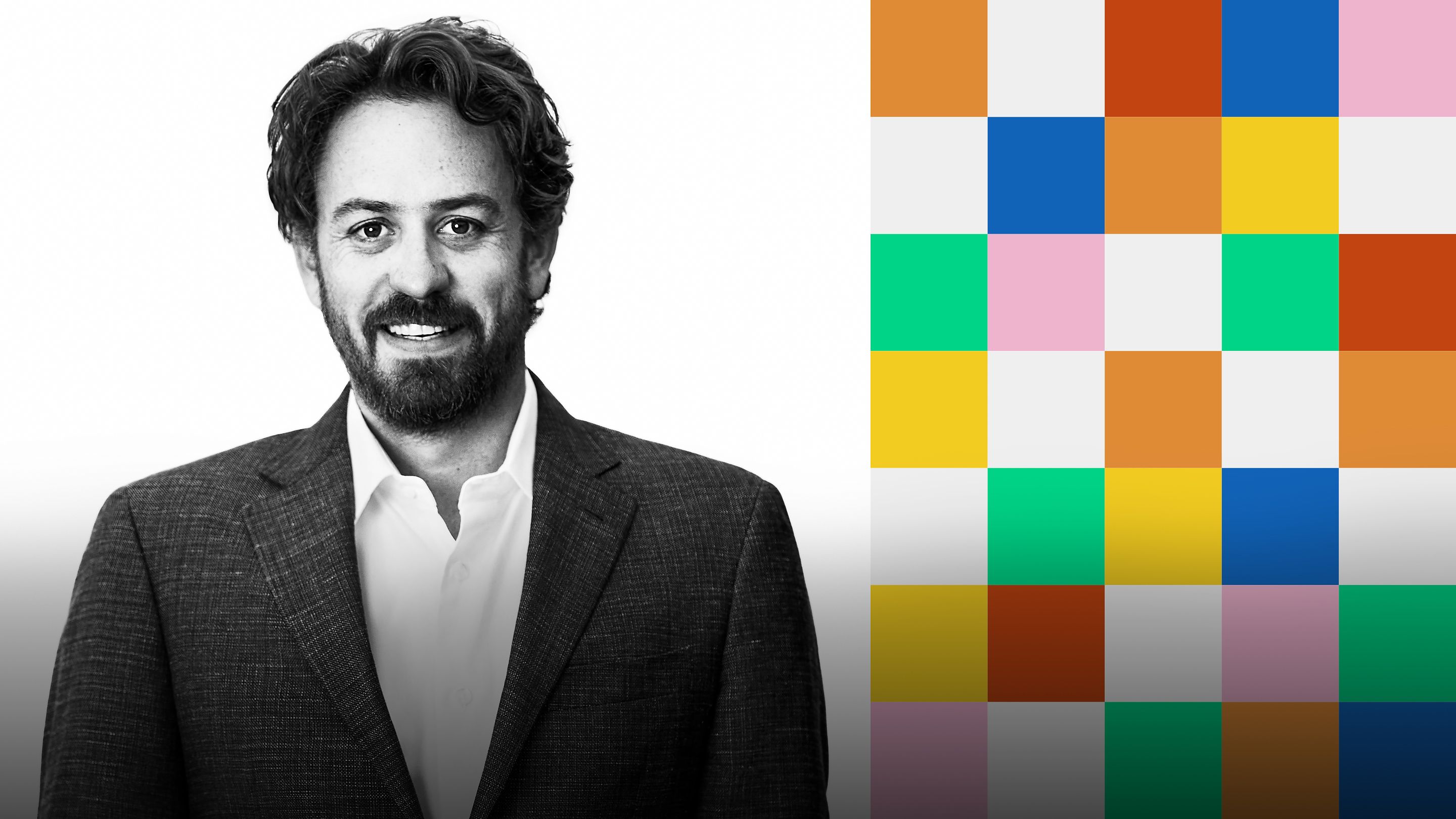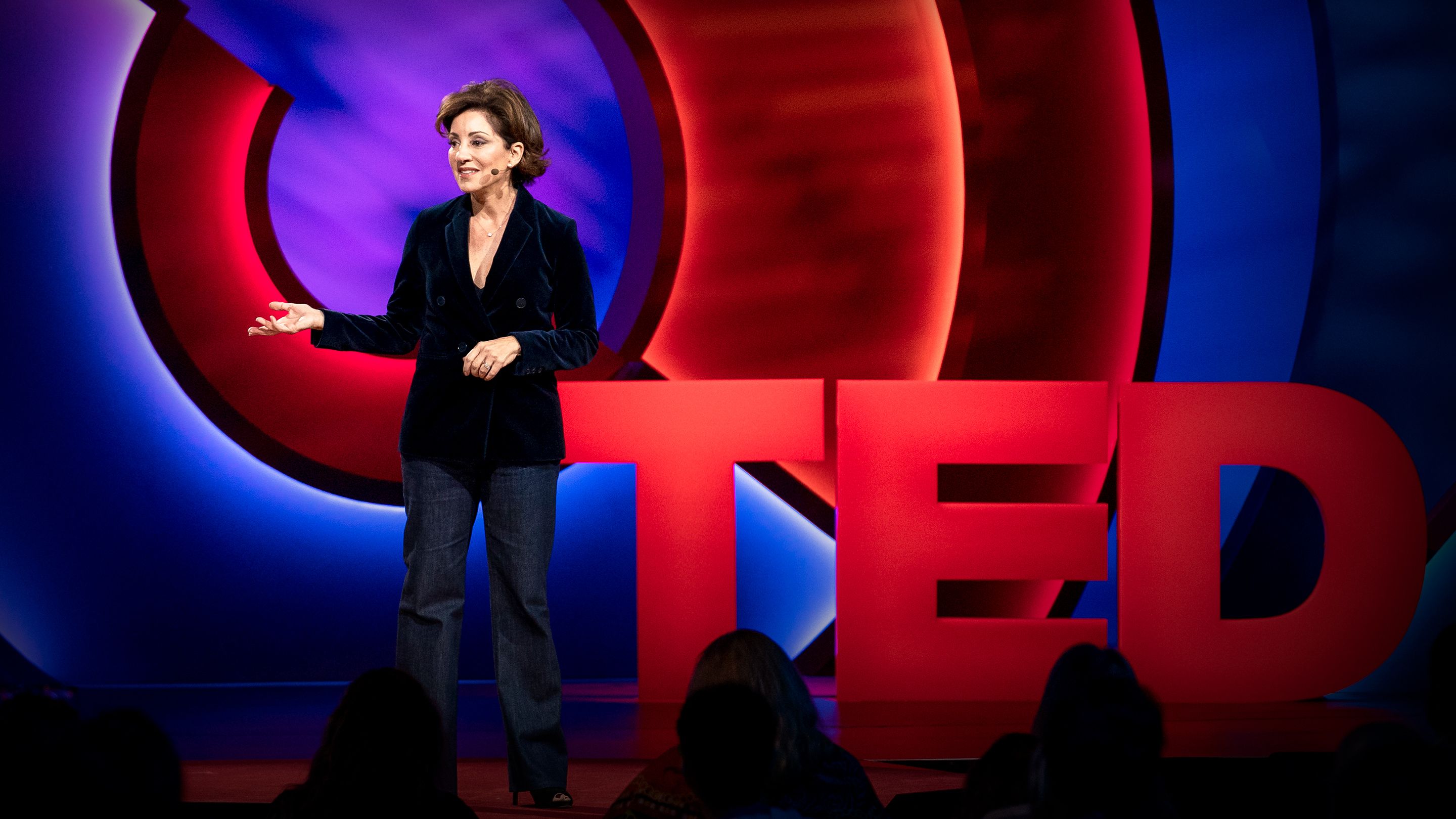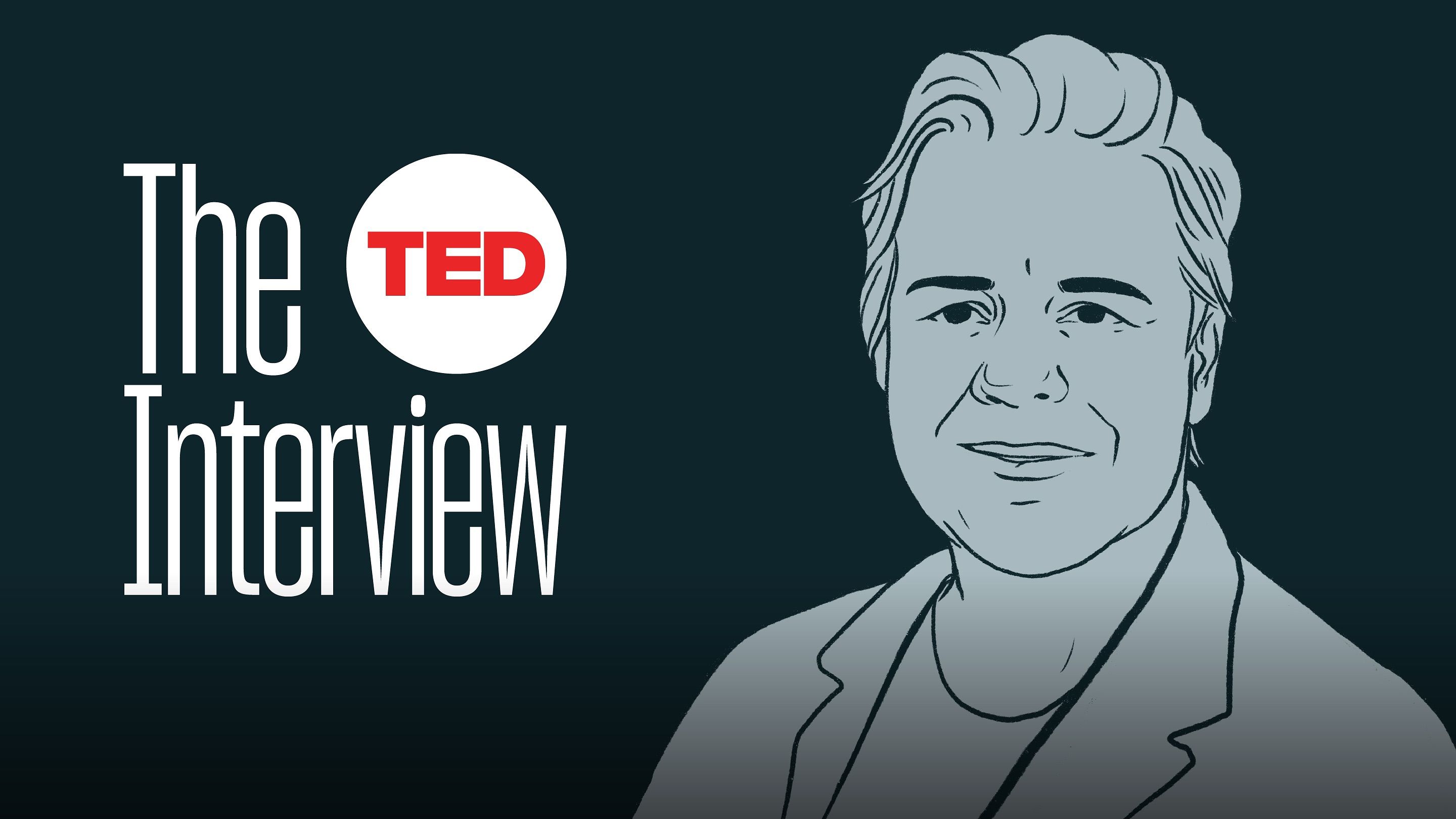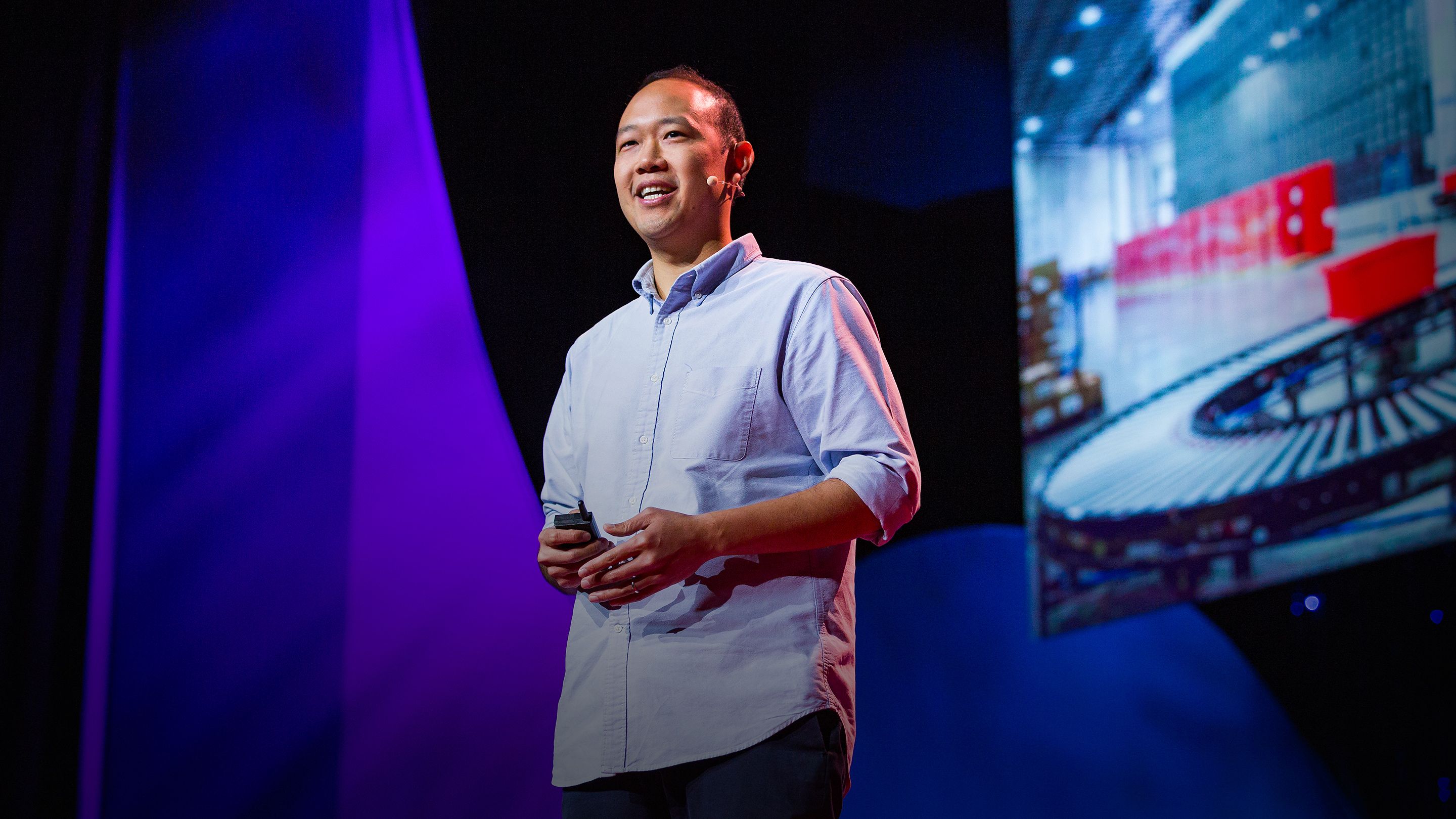Trust
A collection of TED Talks (and more) on the topic of Trust.
Talks about Trust
See all talks on Trust
Exclusive articles about Trust
7 ways to build greater trust in all of your partnerships
Jean Oelwang, the president and founding CEO of Virgin Unite, has interviewed hundreds of people to figure out the key elements behind great partnerships. One of the most critical (and tricky) is trust -- and she explains how you can foster it.
Posted Mar 2022
How to raise kids who will grow into secure, trustworthy adults
If kids don’t feel trusted -- or if there isn’t anyone close to them whom they can rely on -- they can really suffer. Esther Wojcicki, an educator and mother of three superstar daughters, explains why trust is essential and build it in the young people in our lives.
Posted Aug 2019
Where in the world will you find the most advanced e-government? Estonia.
This tiny republic has the most startups per person and the fastest broadband speeds, and it offers something no other country does: e-residency. Estonia is aiming to create the ideal information society. Technology thinker and entrepreneur Andrew Keen goes there to find out how it works.
Posted Mar 2018
